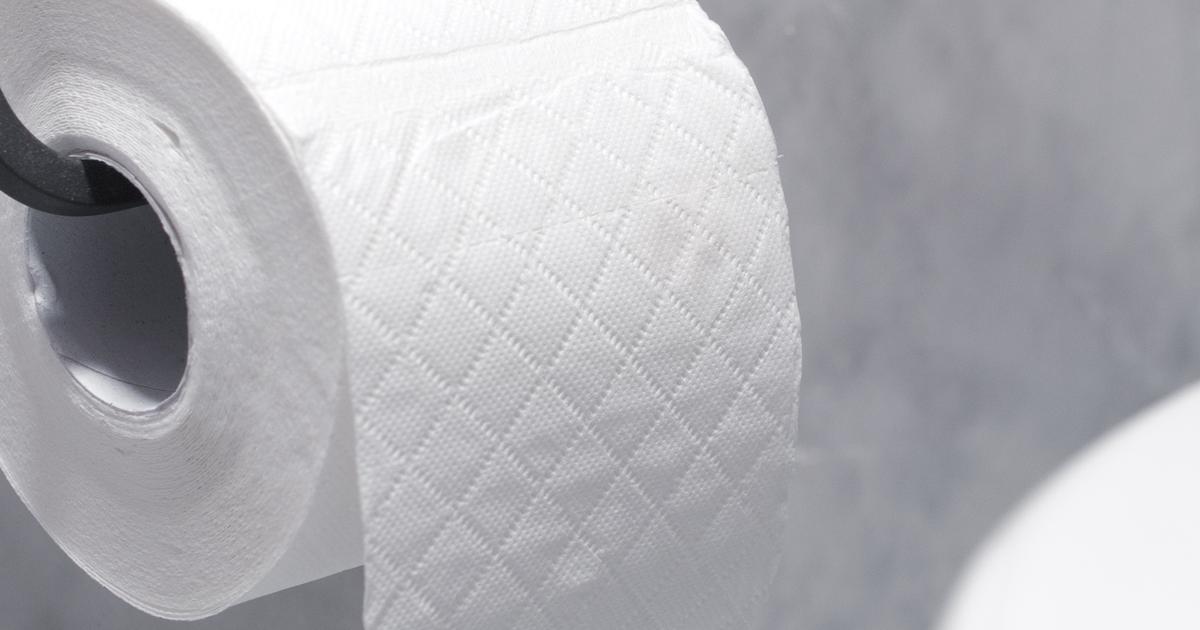What Causes A Bowel Obstruction?
Impacted Stool

Also known as fecal impaction, impacted stool develops when fecal matter becomes stuck in the colon. Patients with this condition may experience abdominal pain, bloating, nausea, vomiting, and unexplained weight loss. In severe cases, fever, confusion, rapid pulse, and dehydration could occur. Patients may develop impacted stool as the result of a spinal cord injury or complications from colorectal and pelvic surgeries. Individuals who eat a low-fiber diet may be more at risk of experiencing impacted stool, and frequent diarrhea increases the risk as well. Impacted stool requires urgent treatment, and patients with any of the aforementioned symptoms should head to the emergency room. During the diagnostic process, the doctor will perform a physical examination of the patient's abdomen to detect masses, and a rectal examination will be conducted. Patients might need to have abdominal x-rays and ultrasounds, and a barium enema could be recommended. Fecal impactions may be treated with laxatives, manual removal, enemas, and water irrigation.
Discover additional bowel obstruction causes now.